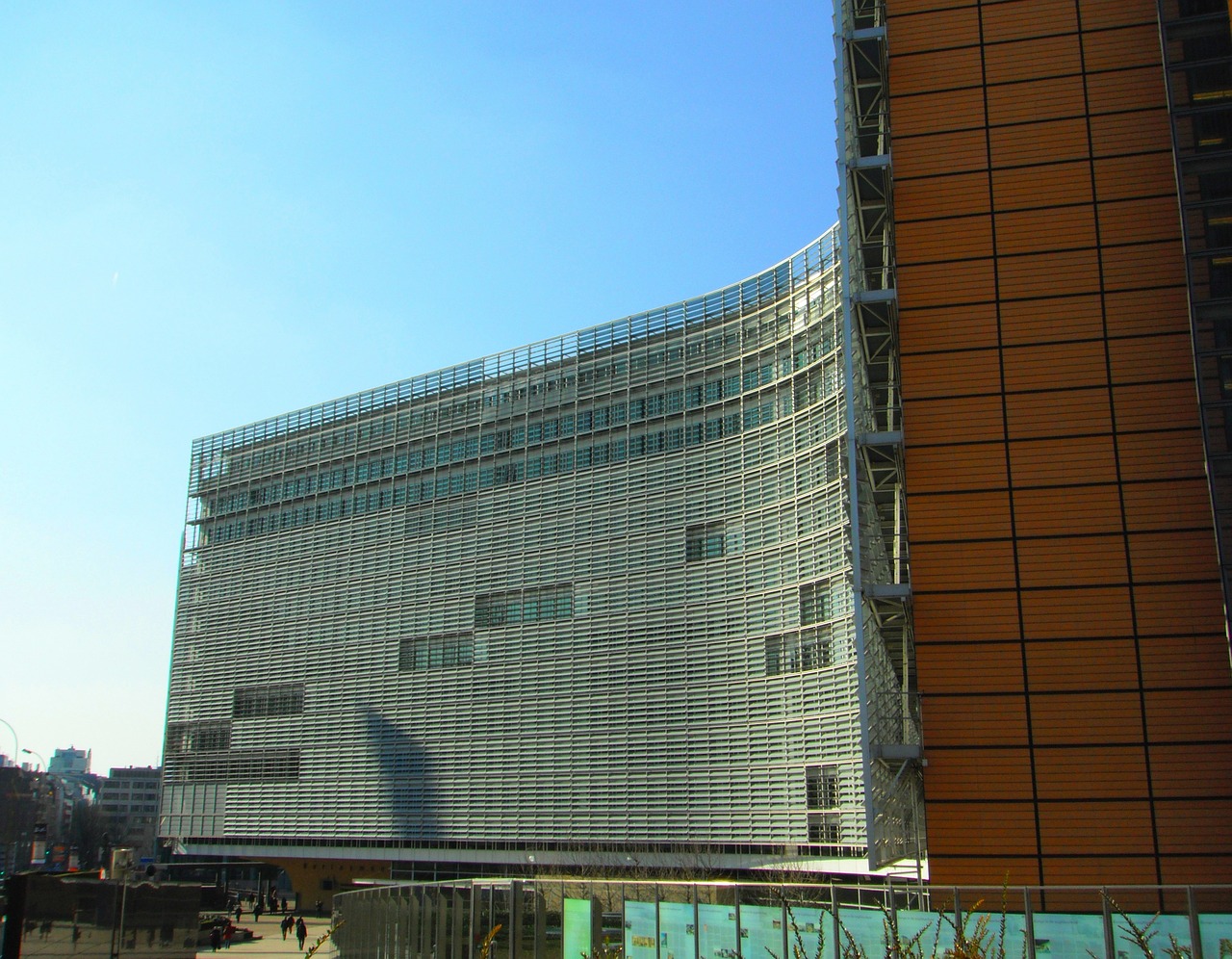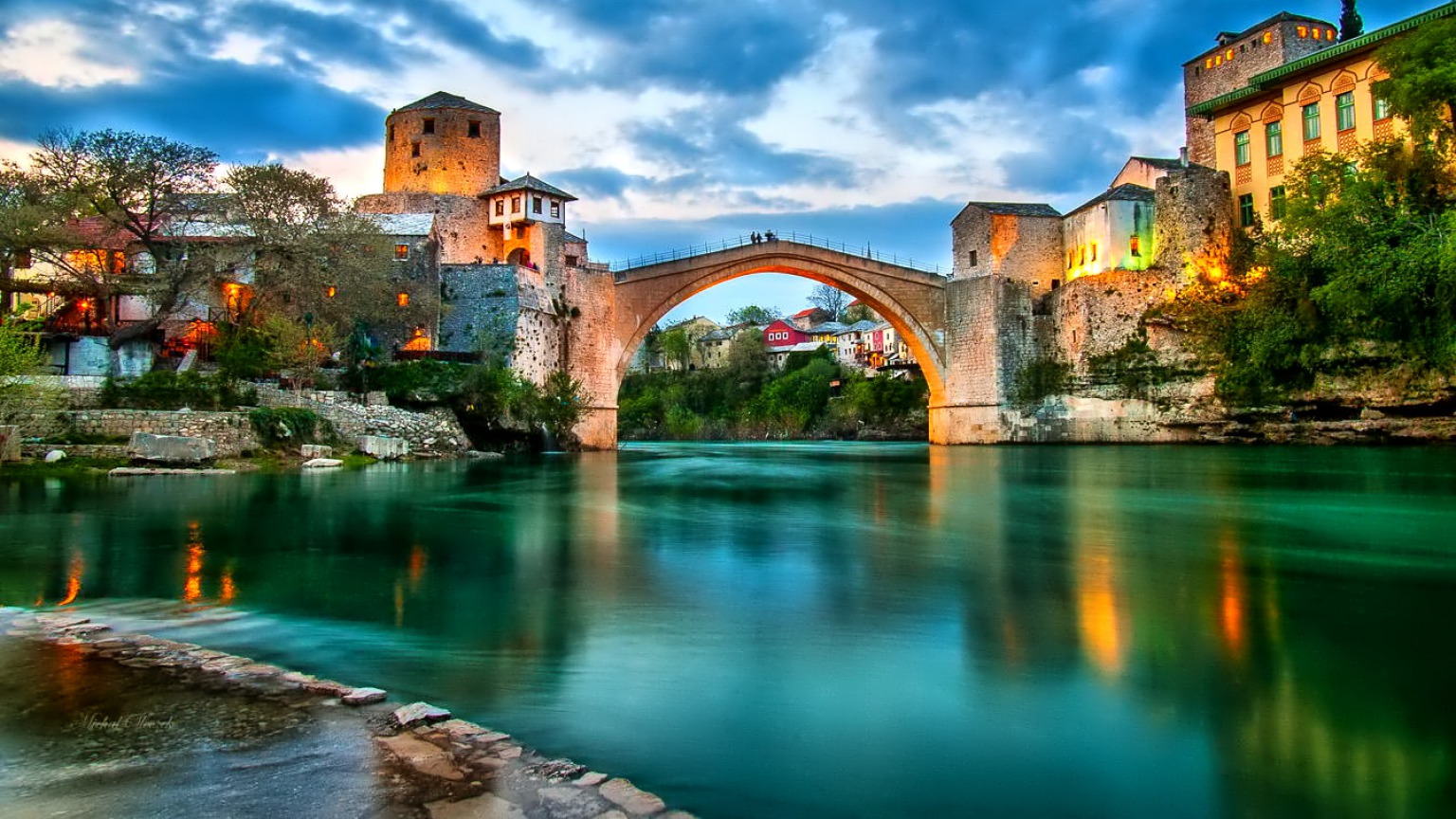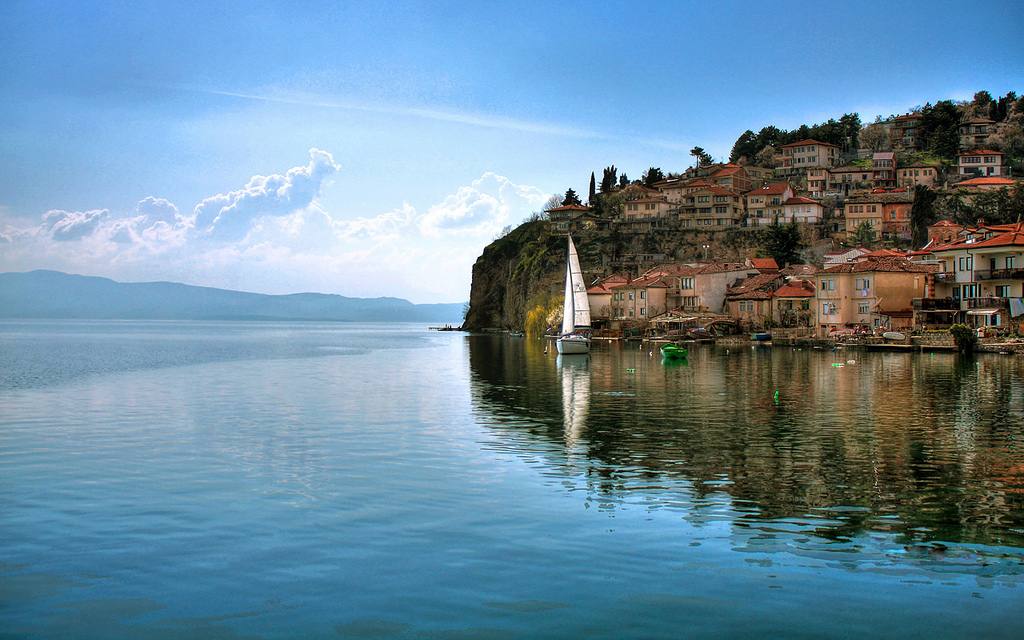POLITHEOR
European Policy Network
Search results
- Home
- Results for phrase:
Search Results For ''

Political Commission: What can we learn from the past and what does the future hold?0
- Analysis, EU Governance and Politics
- 05/11/2014
On 1st of November 2014, the new European Commission with Jean-Claude Juncker as President started its mandate. Among the first public events Mr. Juncker chose to attend are the presentation of Helmut Kohl’s book in Frankfurt and a debate with former Commission President Jacques Delors. The two people he decided to meet have, along with Francois Mitterrand, marked the process of building the Economic and Monetary Union (EMU) in the 1990s. This process is known to be characterized by the strong influence of the Franco-German engine of EU integration and the European Commission with a strong leader, Jacques Delors. I believe most of us can agree that in the meantime, we had three Commission Presidents that hardly left a mark.
READ MORE
Intervju: prof. Nermina Mujagić o Opštim izborima i izbornom rezultatu u BiH0
- Interview
- 27/10/2014
Intervju: prof. Nermina Mujagić o Opštim izborima i izbornom rezultatu u BiH
READ MORE
Does the Ohrid Framework Agreement advance Macedonia’s Nation-Building?0
In this article, I aim to address the role of the Ohrid Framework Agreement (OFA) in the process of nation-building within Macedonia’s transition, understood as in the concept of quadruple transition presented by Kuzio. The liberal concept of nation-building provides the basic theoretical framework for the assessment of the impact of the OFA.
READ MORE
Garancija za mlade Europske unije: Sve samo ne garancija zaposlenosti0
- Op-ed
- 15/10/2014
Prije nekoliko dana čelnici zemalja Europske unije okupili su se u Milanu na izvanrednom Summitu o zaposlenosti, pri čemu su se obvezali uliti dodatnih 6 milijardi eura u ne tako davno (2013.) uspostavljenu inicijativu za suzbijanje nezaposlenosti mladih u Europskoj uniji pod nazivom «Garancija za mlade» (Youth Guarantee). Garancija za mlade ambiciozna je strategija
READ MOREPolitika ubijanja oduševljenja (crtice o predizbornoj kampanji u BiH)0
- Op-ed
- 11/10/2014
Kako nazvati predizborno šarenilo od plakata i glasila razasutih po Bosni i Hercegovini? Kako opisati terensku demokratiju, pusto ispražnjenu od svakog sadržaja, napose od političkog? Kako dati ozbiljan, analitičan pregled programa političkih stranaka, kada su njihove sadržaje zasenila lica, stara i nova ‘pamflet naslovnica’? Nema tu oduševljenja. Suzbijeno. Isto se gradivo potvrđuje godinama. Kao lošim
READ MORETeorijska razmatranja o pojmu međunarodne zajednice0
- Analysis
- 19/02/2014
Dileme o postojanju međunarodne zajednice ili međunarodnog društva su sve prisutnije u intelektualnim raspravama, jer različiti teorijski pravci u okviru zajednice različito posmatraju i definiraju subjekte i činioce te zajednice. Tako u okvirima realizma i neorealizma strukturu međunarodne zajednice čine države, dok po liberalizmu, neoliberalizmu, institucionalizmu i konstruktivizmu strukturu međunarodne zajednice čine svi legitimni subjekti
READ MORE






